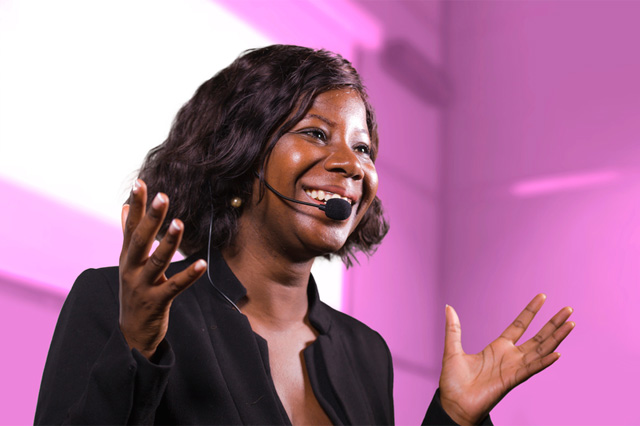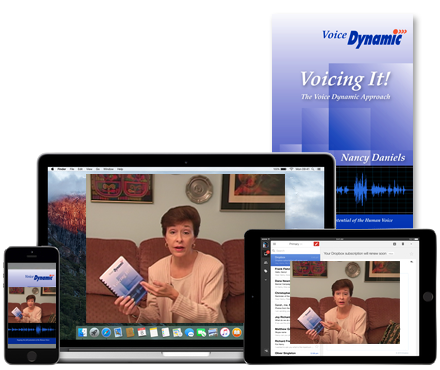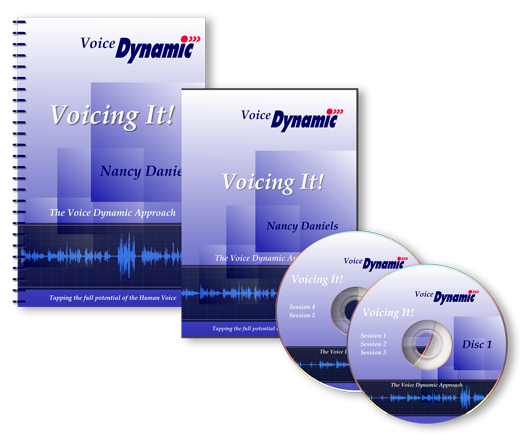 If just one of those descriptions is typical of how you sound, you should think about training your voice because the words which describe a dynamic speaking voice are not found in that list.
If just one of those descriptions is typical of how you sound, you should think about training your voice because the words which describe a dynamic speaking voice are not found in that list.
The words that describe all great speaking voices are rich, warm, deep, and resonant.
You may have noticed that the words monotone and mumbling were not included in the above example because neither of those characteristics describe the actual quality of the voice. They describe what you are doing (or not doing) with the voice and need additional work.
Should you be displeased with how you sound, do some research and find someone who will teach you how to use your chest as your primary sounding board. This is a priority because all of those adjectives, whatever they may be, will disappear once you have learned to place your voice in your chest cavity. It is truly amazing to see and ‘hear’ how this works.
Forget those who want to give you various exercises to fix whatever adjective describes your voice. Aside from mumbling, excessive nasality, and the monotone voice, the rest of those other descriptive ‘qualifiers’ will be gone once you place your voice properly.
If you have chronic hoarseness and are not sick, for example, then you are probably suffering from vocal abuse. Once you use your chest to power your sound, you will immediately stop the stress on your vocal folds (cords); thus, your vocal abuse will be gone. If you sound like a child (and are over 21), powering your voice from your chest will give you a mature sound – not too old, not too young.
In many cases, slight nasality can be eliminated when you change your voice placement. However, excessive nasality (which is typical of Brooklyn, the Bronx and even Philly) may need some additional work.
Oh, by the way, once you make your 'real' voice a habit, it will continually improve as you age. When I am 85, I may look it, but I will never sound like an old lady!
To have total control over your speaking voice is a fantastic tool and can give you the leading edge.
Discover why so many of my clients, upon finding their real voice, exclaim, "I want that voice!"



